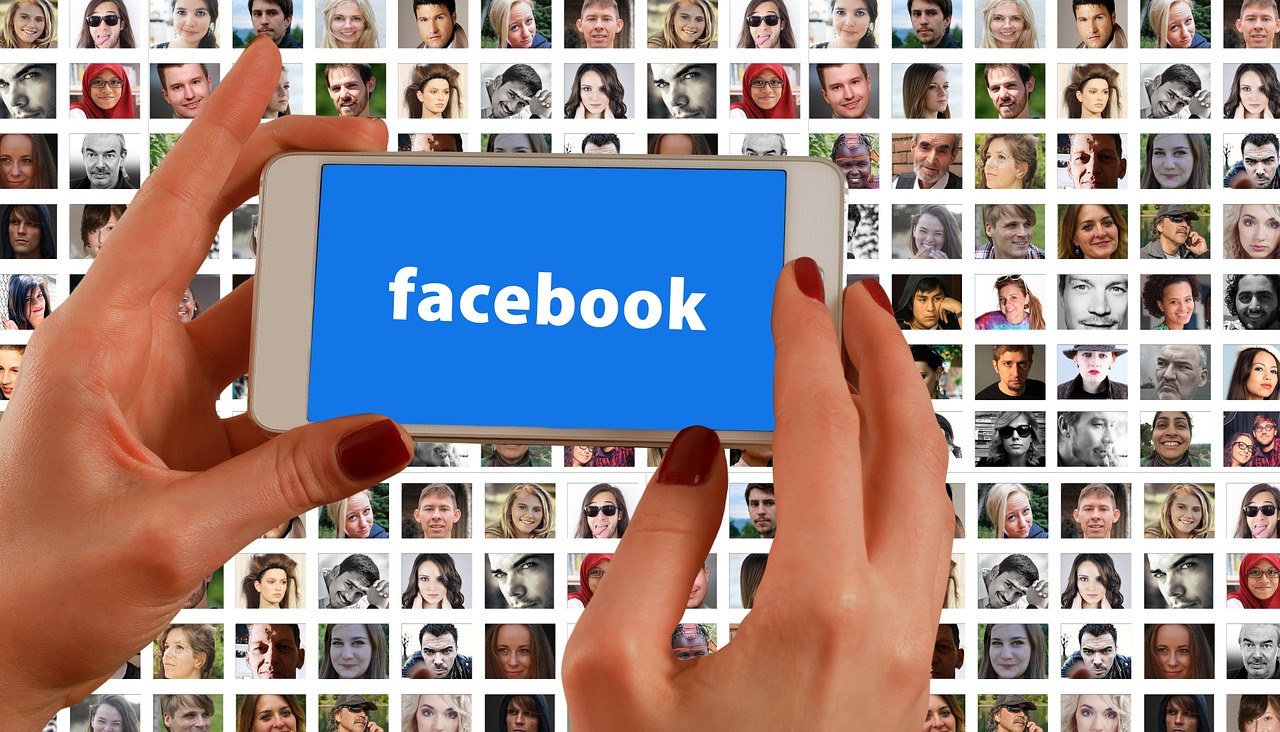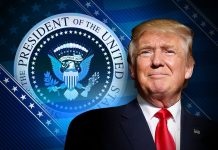
Social media giant Facebook has announced new types of political ads related to the 2020 US election that are banned from the platform.
Several days after it banned political ads that prematurely declare winners in the 2020 US presidential election, Facebook will now also prohibit ads that seek to "delegitimize any lawful method or process of voting".
New prohibitions
The tech firm's decision follows concerns raised regarding claims that postal voting could encourage fraud. Facebook has also taken down ads sponsored by US President Donald Trump and his supporters, which claim that accepting refugees would increase COVID-19 infection risk.
The said ads depicted Trump's Democratic opponent Joe Biden talking about the US border and asylum seekers. Before these posts were removed, hundreds of thousands of people have seen over 38 versions of the ads.
The coronavirus pandemic is expected to force more voters to cast their ballot by post in the upcoming election.
Rob Leathern, director of product management at Facebook, tweeted: "As we get closer to Election Day we want to provide further clarity on policies we recently announced. Last week we said we’d prohibit ads that make premature declarations of victory. We also won’t allow ads with content that seeks to delegitimize the outcome of an election"
"For example, this would include calling a method of voting inherently fraudulent or corrupt, or using isolated incidents of voter fraud to delegitimize the result of an election," Leathern explained.
He mentioned: "These changes apply to ads across Facebook and Instagram, and are effective immediately."
Additionally, Facebook banned ads that praise, support or represent militarized social movements. Ads about QAnon, a conspiracy theory suggesting President Trump is secretly battling Satan-worshipping pedophiles in government, business and the media, are also prohibited.
As evidence suggests that QAno supporters are using child safety issue and hashtags such as #savethechildren, to recruit and organize, the company said it would intervene by directing people to "credible child safety resources" when they searched for certain hashtags.
Not banning all political ads
Several days ago, Facebook announced that it will not accept any new political ads in the seven days prior to the US election on November 3.
While it won’t accept new political ads during this period prior to the election, Facebook will still allow existing ads to continue to be promoted and targeted at different users. The decision was announced in a post by Facebook chief executive officer (CEO) Mark Zuckerberg.
According to Zuckerberg, he was “worried” about divisions in the country potentially leading to civil unrest. He also mentioned that the platform will also label posts from candidates attempting to declare victory prior to the final vote count.
However, Facebook's vice-president of global affairs, Nick Clegg shot down calls to ban all political ads in the run-up to the vote.
Clegg argued: "We block far more political ads than people appreciate. In the second quarter of this year, we blocked around 750,000 political ads from running on our platform which didn't meet our requirements."
"It's a long and familiar feature of American democracy that ads are run with great intensity," he added, calling it "the lifeblood of democracy".






